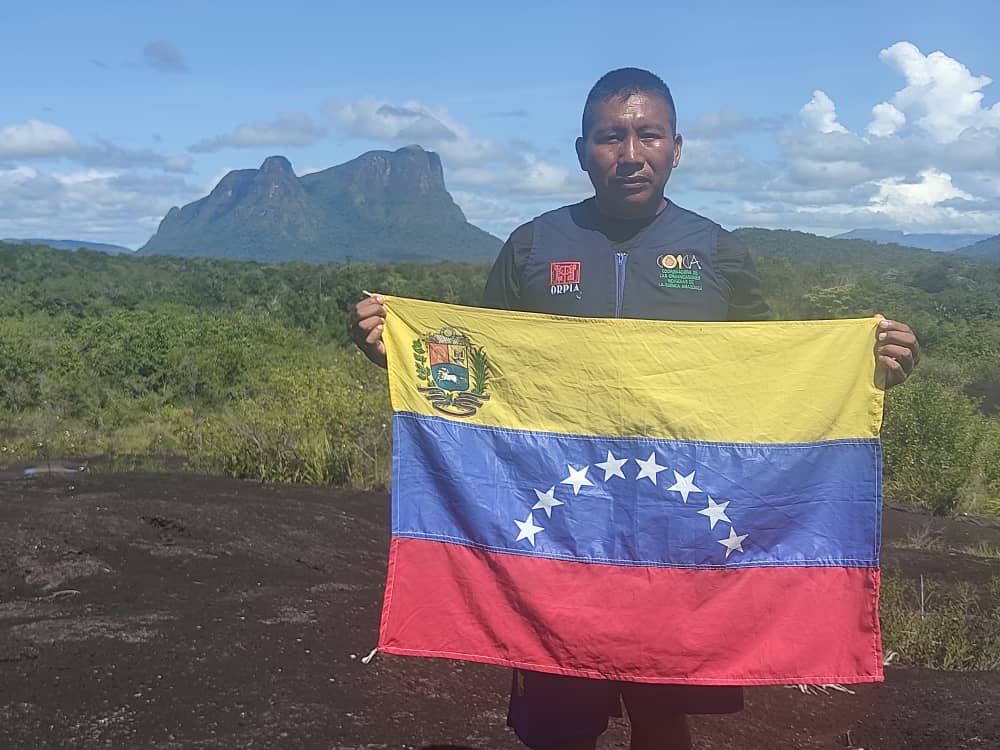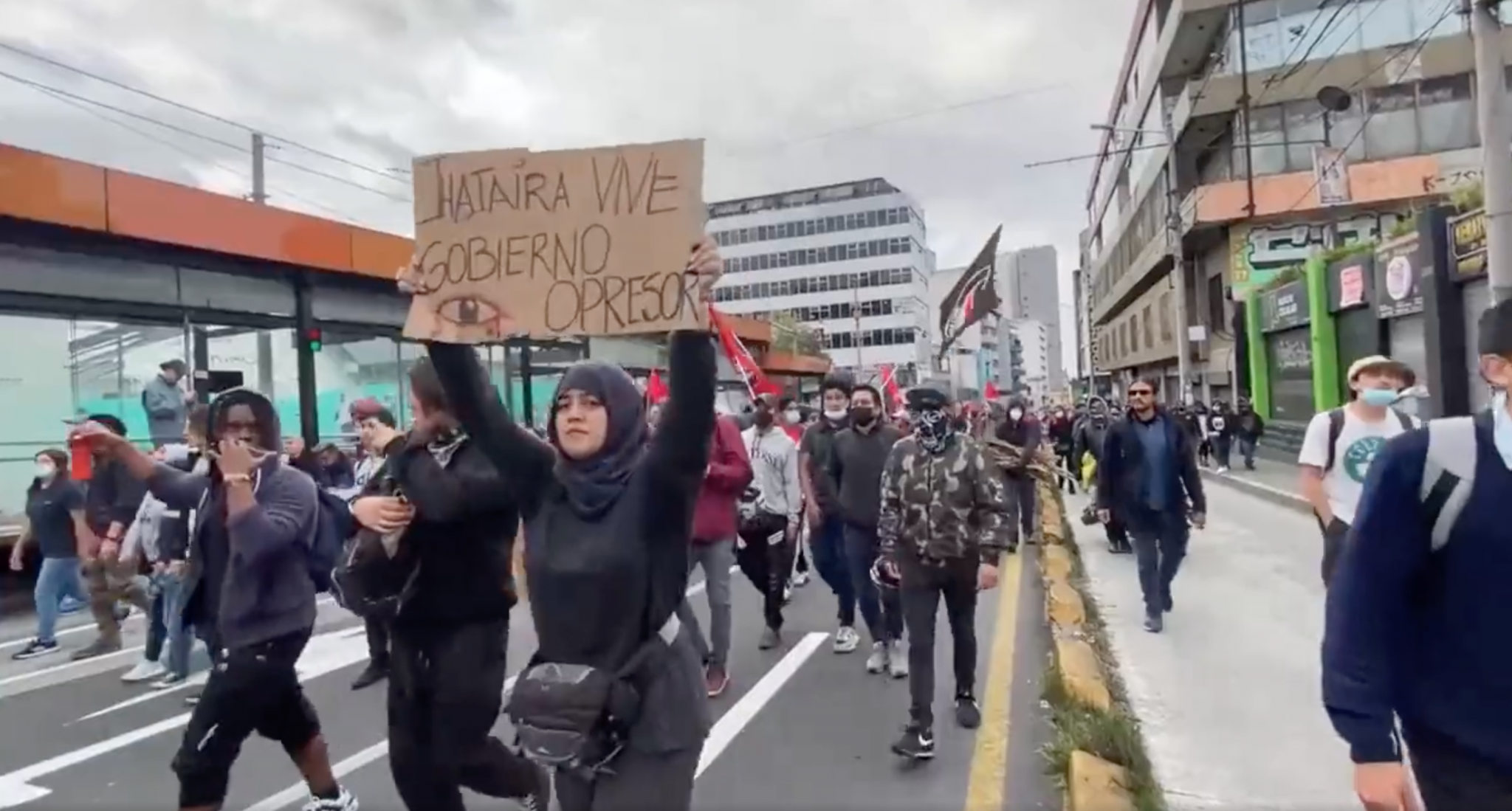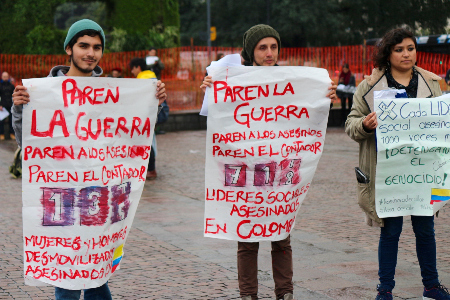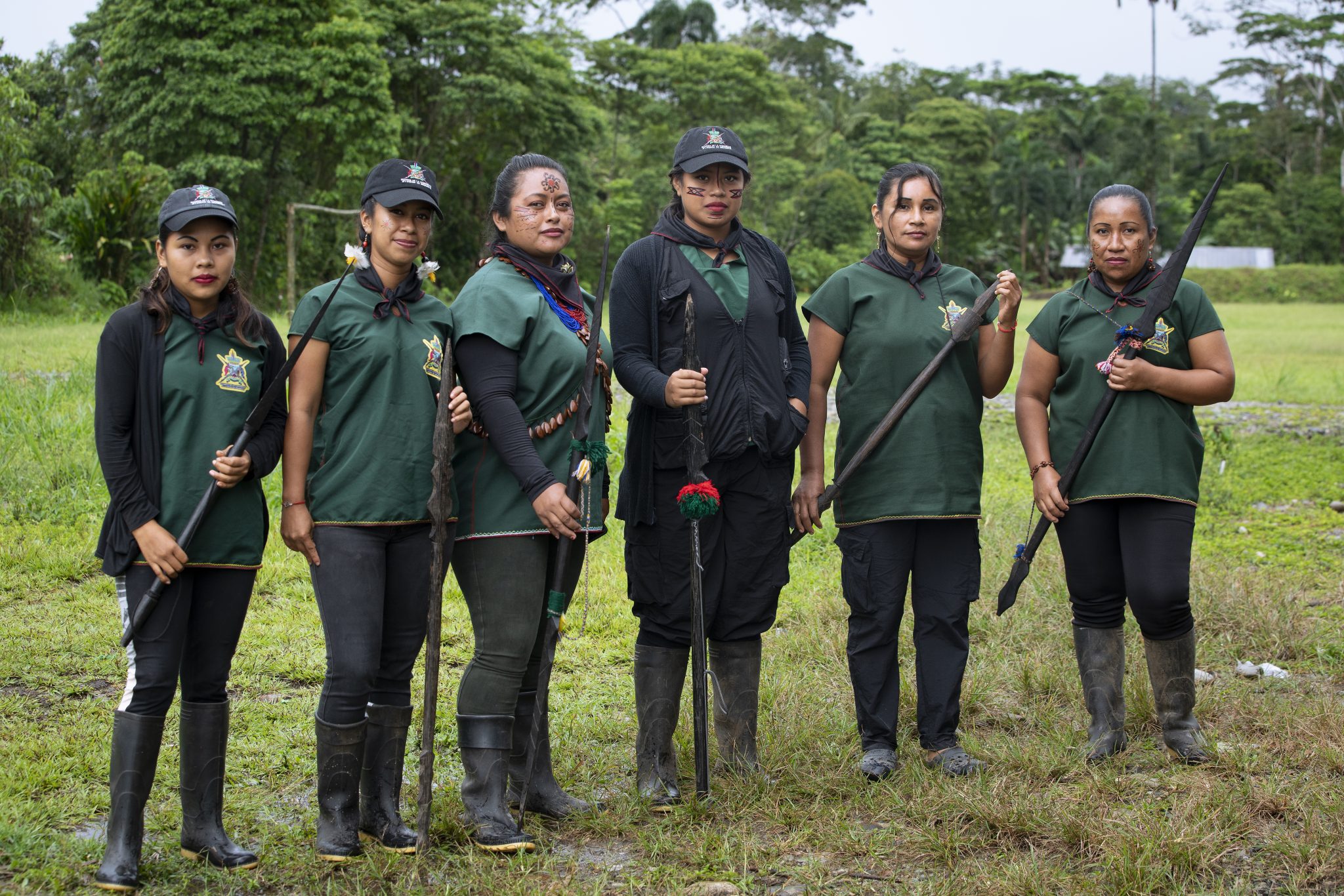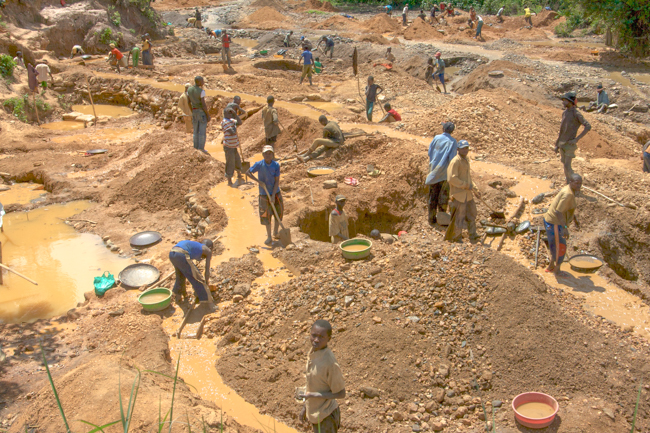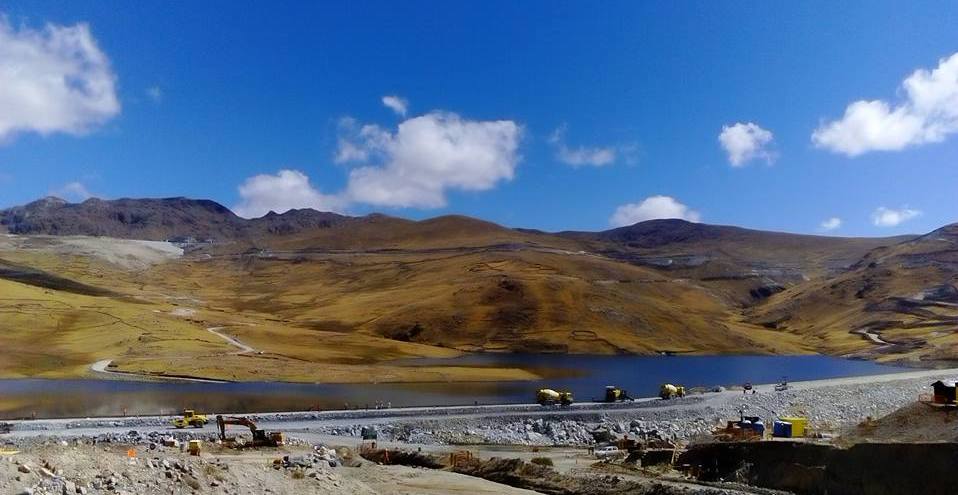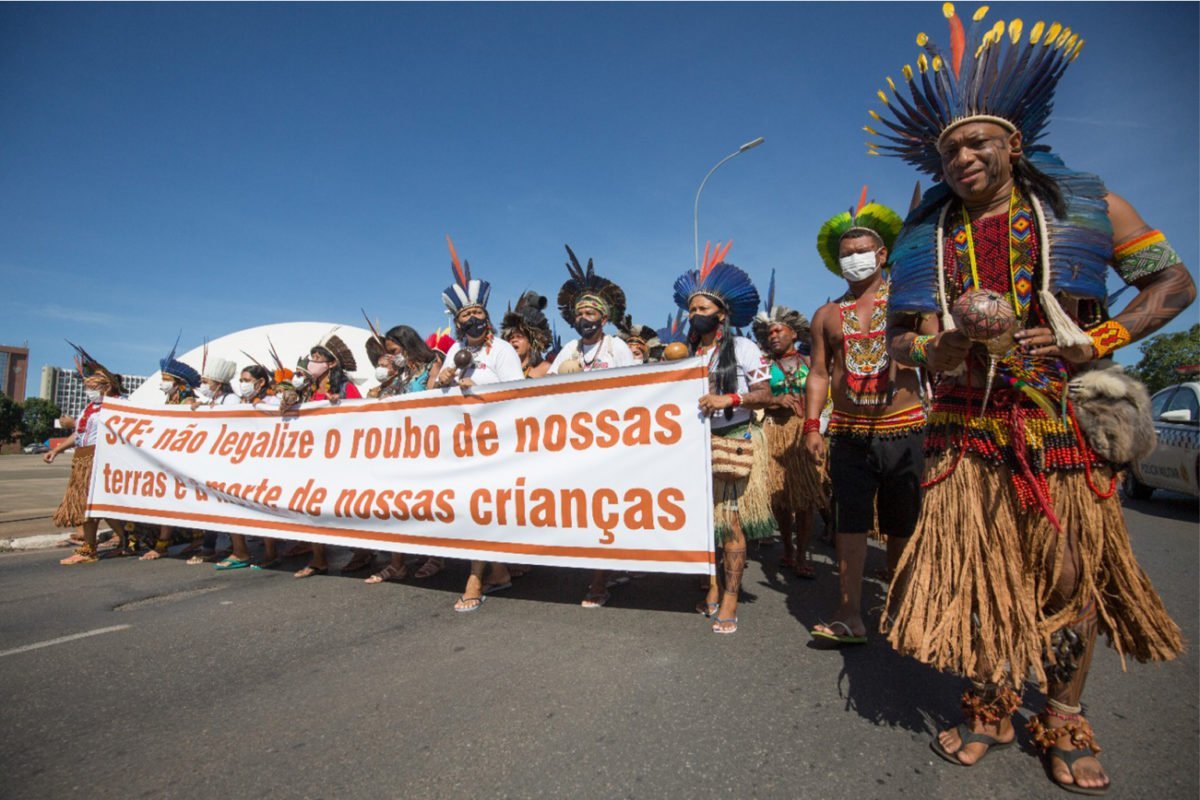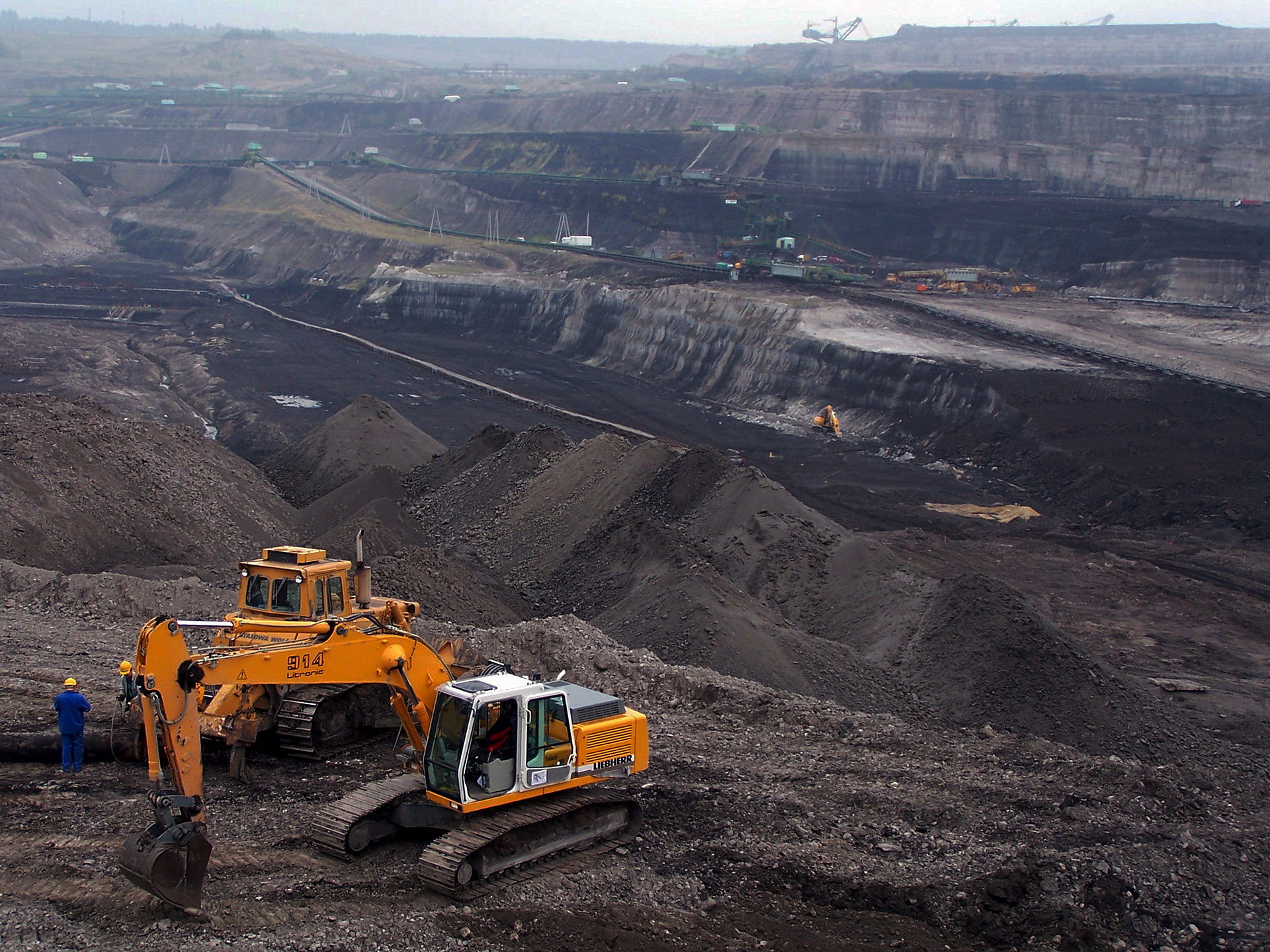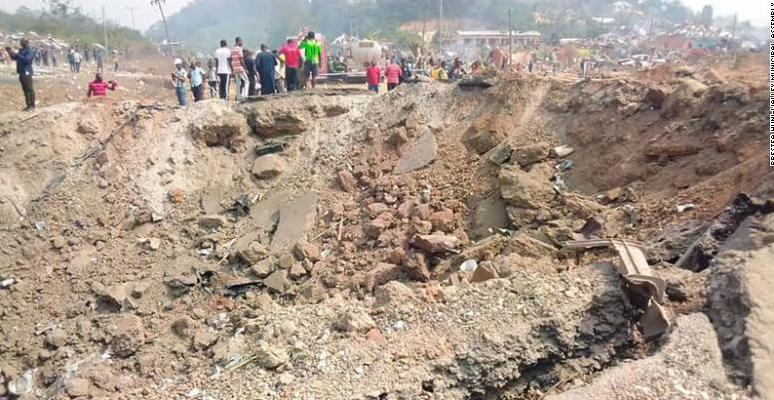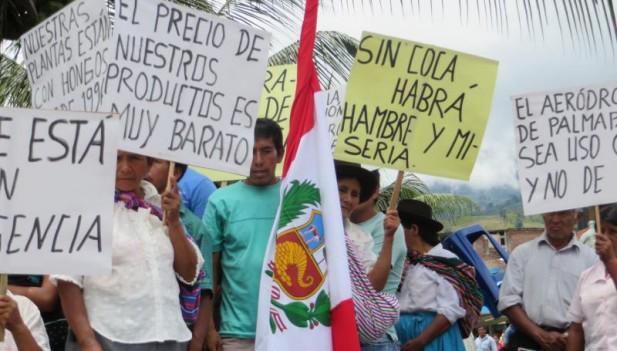
Protests as US troop mission approved for Peru
Peru’s Congress, at the behest of President Pedro Castillo’s government, voted to approve the entry of US military troops for participation in anti-drug and anti-terrorism operations. But the vote was protested by voices within Castillo’s own Partido Perú Libre (PPL), with legislator Kelly Portalatino calling it a “sign of submission.” Previous such US troop missions have seen operations in the Valley of the Apurímac and Ene Rivers (VRAE), a key coca cultivation zone. Campesinos of the VRAE Federation of Agrarian Producers (FEPAVRAE) have just announced a region-wide indefinite paro (civil strike) in protest of ongoing government coca-eradication campaigns. (Photo: FEPAVRAE)



